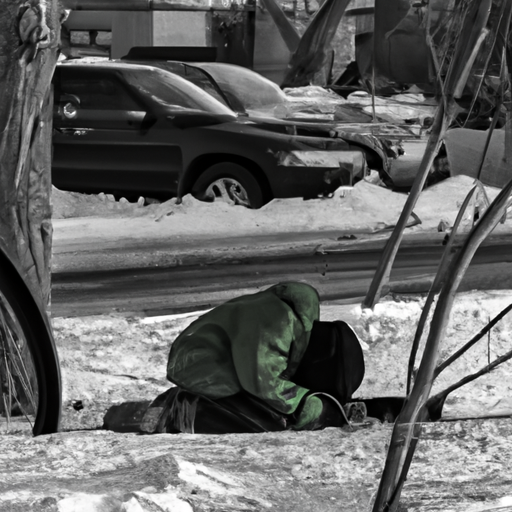Discerning the Impact of the Canadian Opioid Crisis amid Saskatchewan Cold
In this post, we deliberate on the emerging news piece from CTV Saskatoon, concerning the extreme cold weather and how it interacts with the ongoing opioid crisis. This article recognizes a constant challenge in Saskatchewan and its implications on our society, particularly homeless individuals who often lack access to adequate shelter. It’s a warning bell for the relentless winter, the increasing opioid crisis, and the intersection of these two.
The Opioid Crisis in the Midst of A Harsh Winter
Before delving further, it’s crucial to highlight the complexity of the opioid crisis. It spurs from multiple triggers including poverty, lack of social support, unemployment, and homelessness. The intersection of these societal problems with the high accessibility and usage of opioids exacerbates the crisis, making it one of most urgent public health emergencies in Canada.
Magnified Challenges for the Homeless
Lack of housing escalates the risks associated with drug abuse as exposure to frigid weather conditions can be fatal. The severe cold in Saskatchewan is an added crisis. Those struggling with homelessness often resort to opioids to cope with weather stressors, leading to higher rates of substance abuse in winter months. This situation worsens for those awaiting the opioid class action, in hopes of justice and support, thereby, revealing a vicious cycle of homelessness and opioid crisis.
Tackling the Crisis: Steps Underway
Several initiatives have been taken to manage this crisis, which include harm reduction strategies and provision of naloxone kits. These steps revelation of the commitment towards mitigating the opioid crisis, nevertheless, more targeted approaches are needed. A multi-pronged response that includes shelter accommodation, extending housing-first programs, and augmenting mental health services, in addition to existing measures, could prove more beneficial.
Key Points:
- The opioid crisis is a complex societal issue aggravated by homelessness.
- Cold weather can escalate the dangers of drug abuse, particularly among homeless individuals.
- Harm reduction strategies and provision of naloxone kits are some of the initiatives currently underway.
- A more comprehensive response should include housing, mental health services, along with current measures.
Moving Forward: Combating the Crisis
The opioid crisis, coupled with homelessness and cold weather, is a harsh reality for many in Saskatchewan. But it’s one that we can collectively address. While combatting the opioid crisis will require steps such as improvement in harm reduction strategies and an increase in naloxone availability, we must not overlook the underlying issues such as housing instability and mental health challenges. The combat against the crisis goes beyond simply curbing opioid usage – it is a fight towards ensuring a better, more humane life for all.
In conclusion, the opioid crisis is a multidimensional problem exacerbated by several societal issues including homelessness and extreme weather conditions. While important steps are underway such as harm reduction strategies and provision of naloxone kits, a more comprehensive, multi-faceted approach is imperative. This should encompass improvement in shelter provisions particularly during cold weather conditions and augmented mental health services. Together, with these layers of support, we can strive for a comprehensive solution to the opioid crisis.
